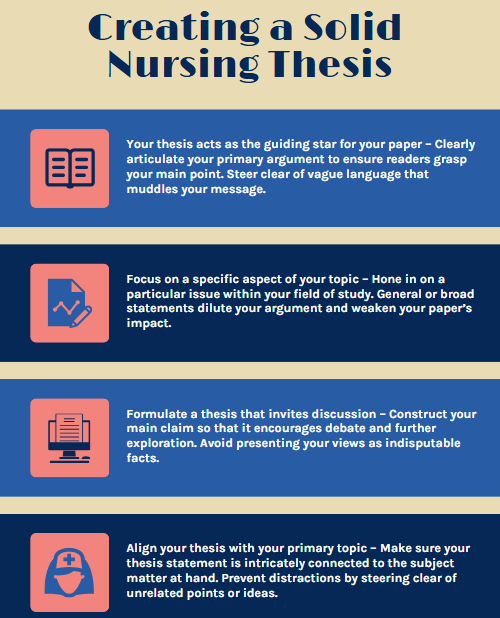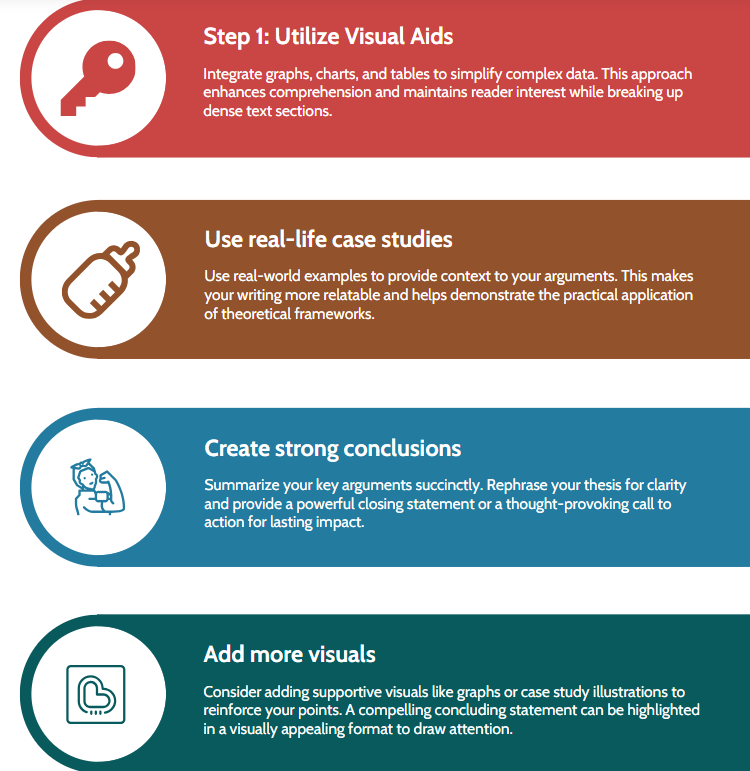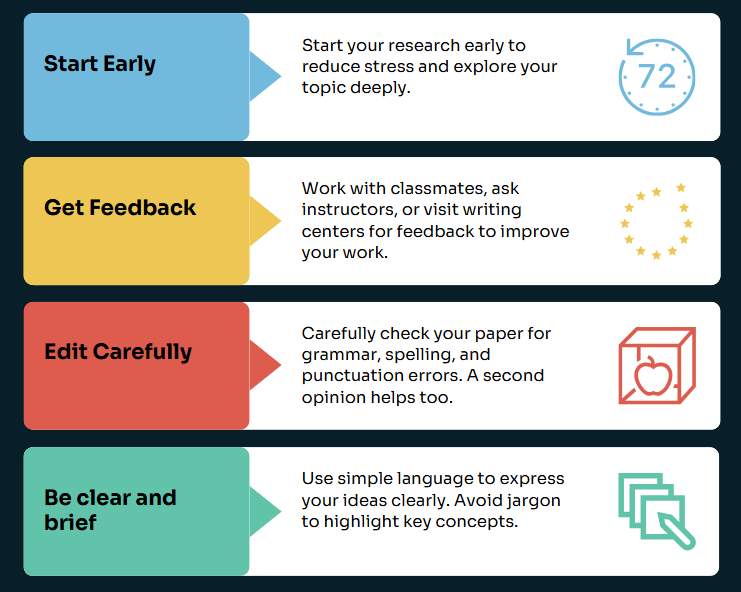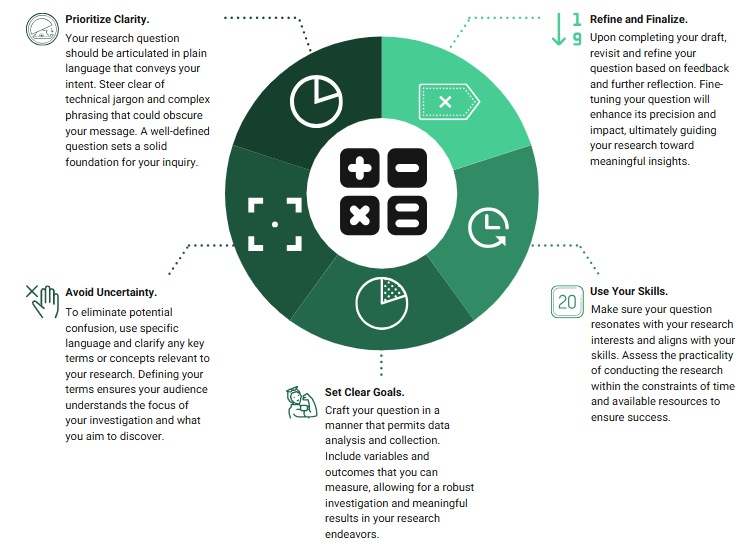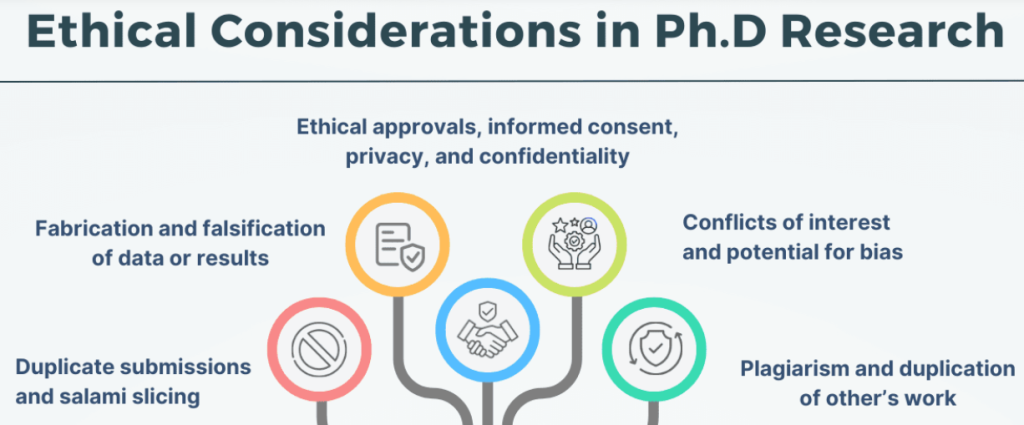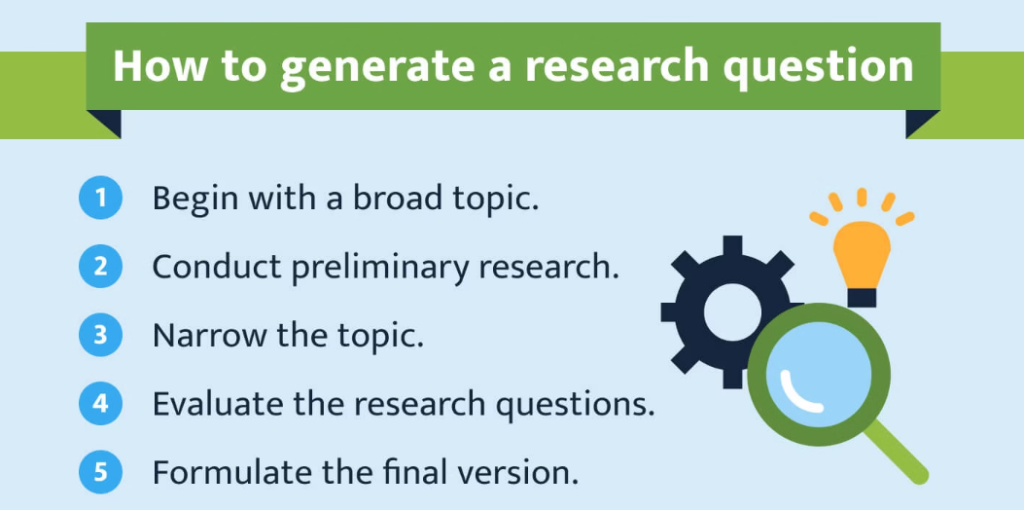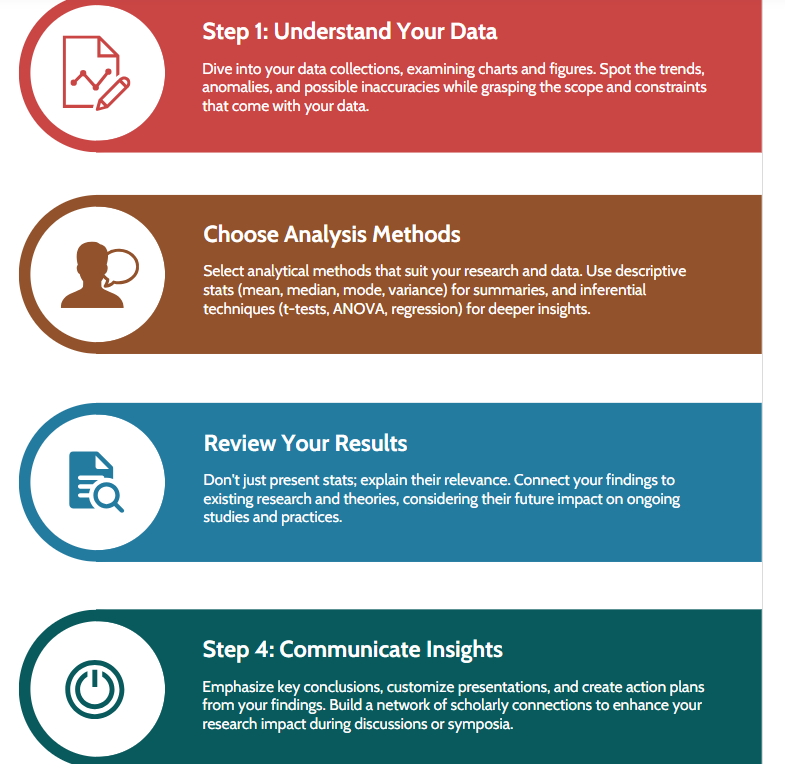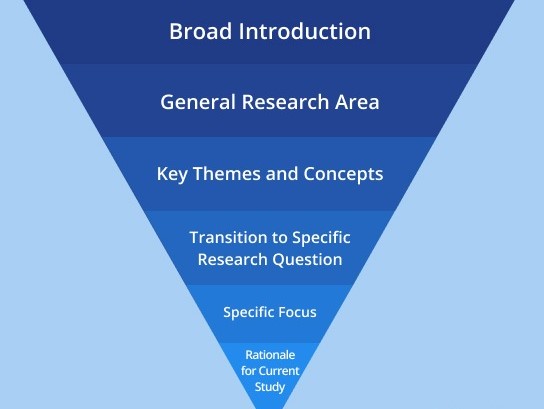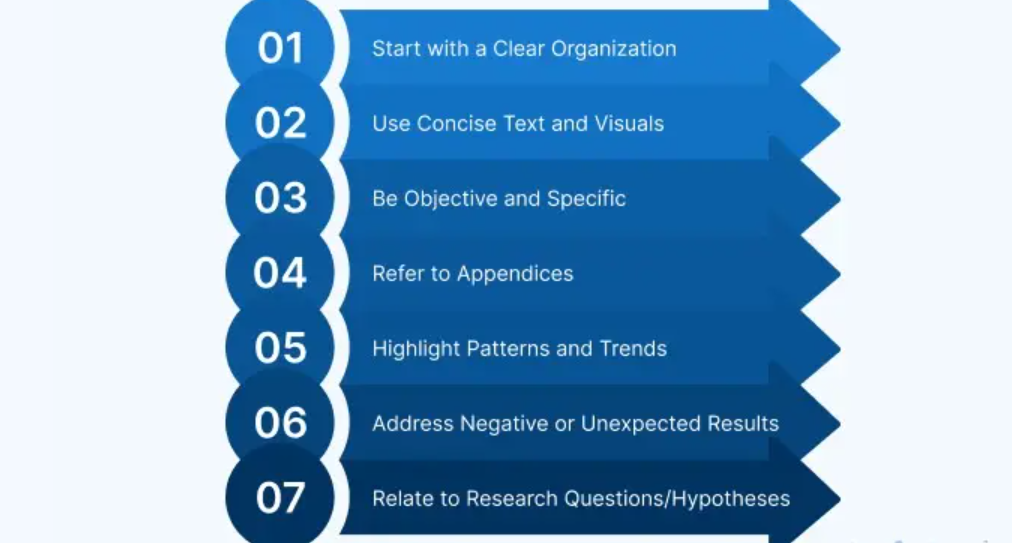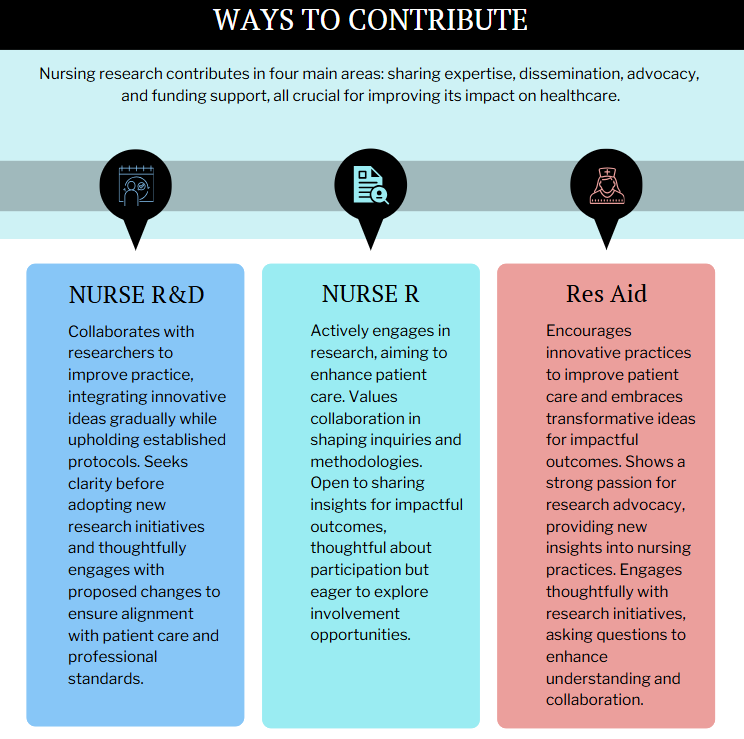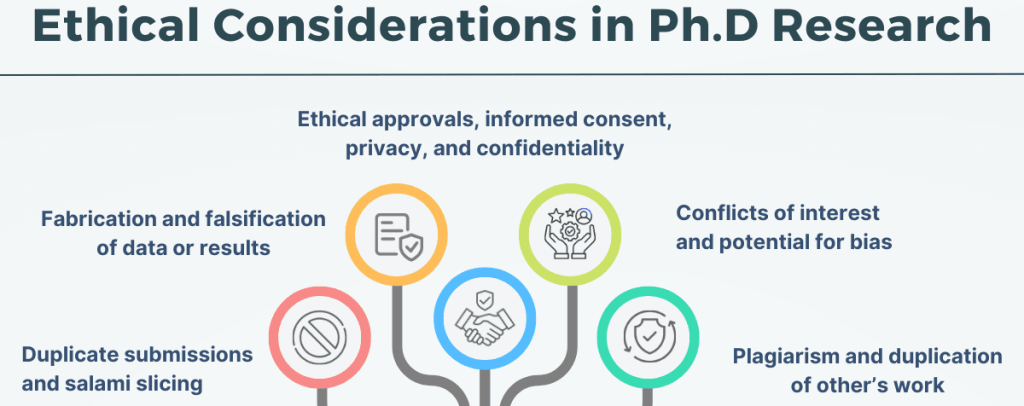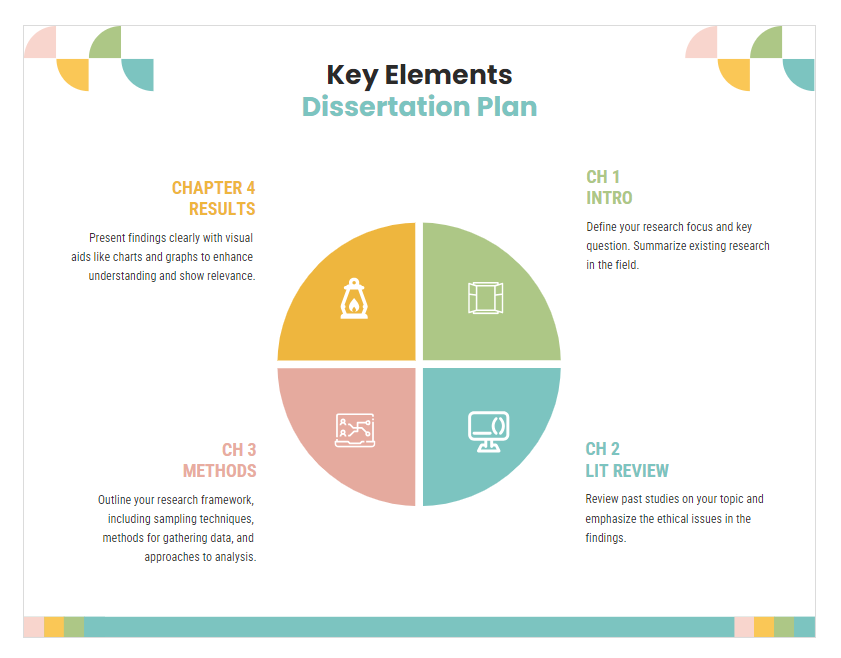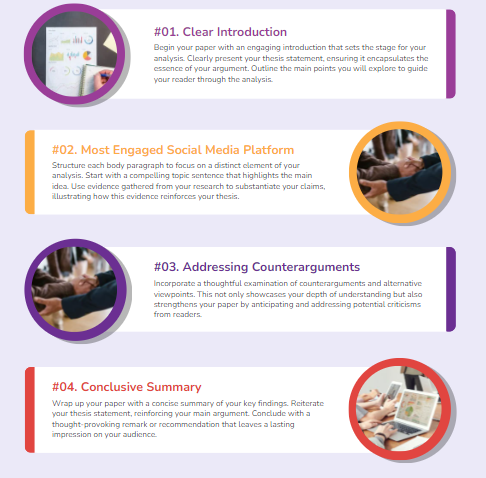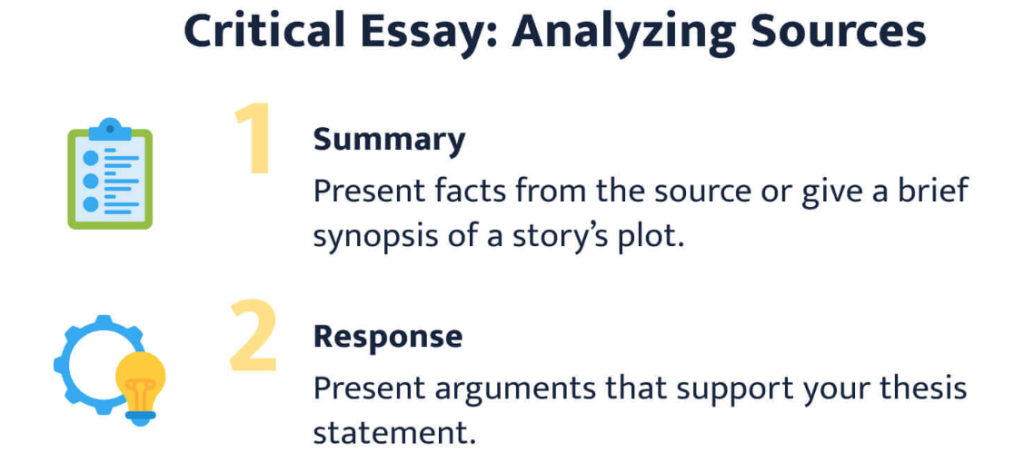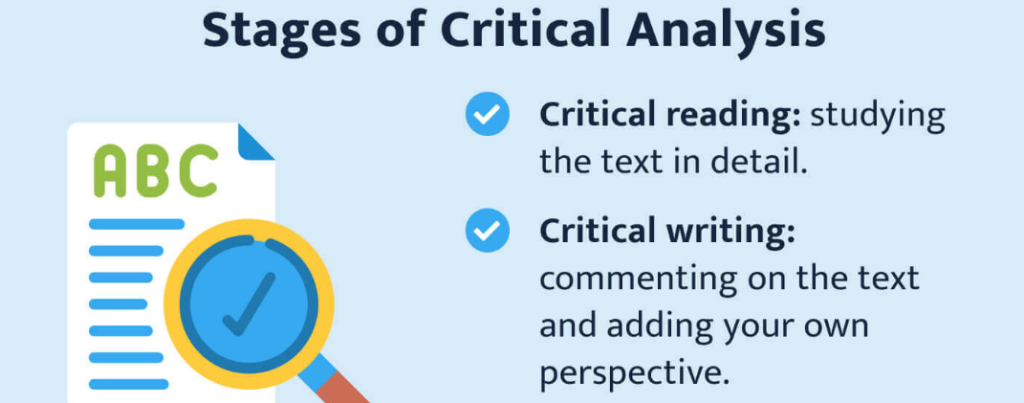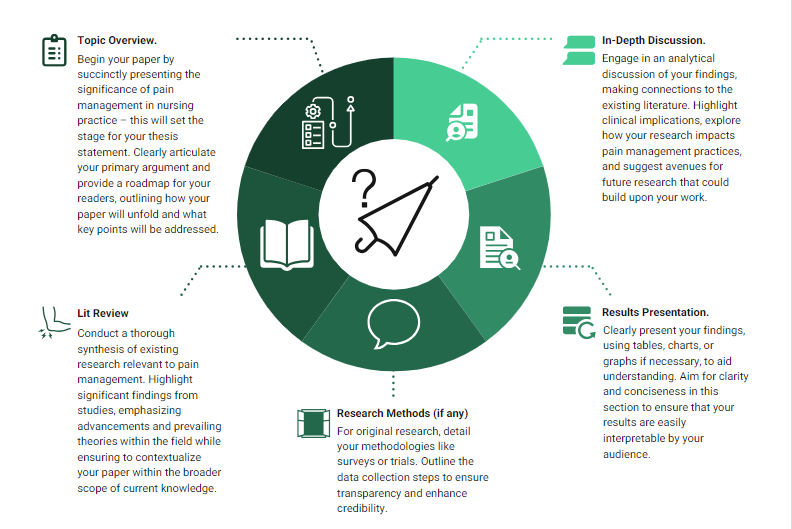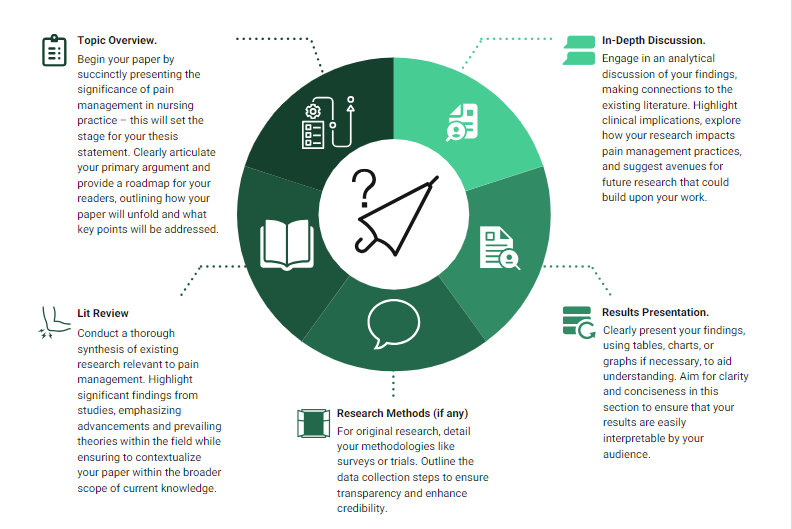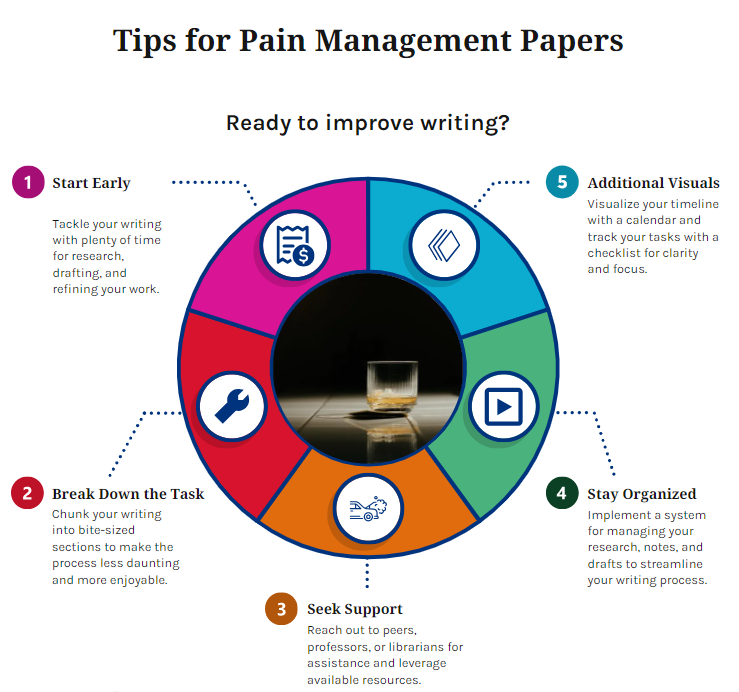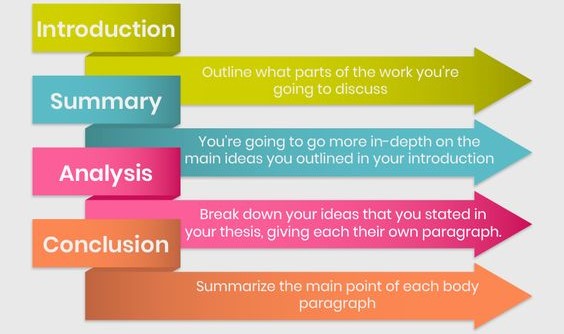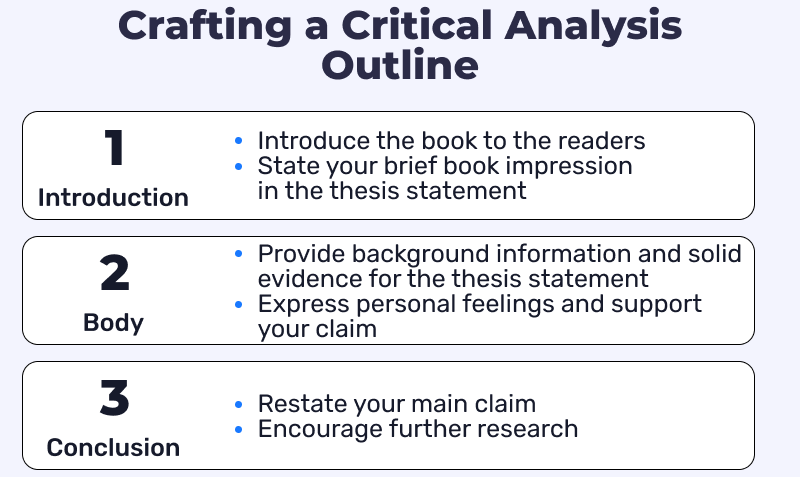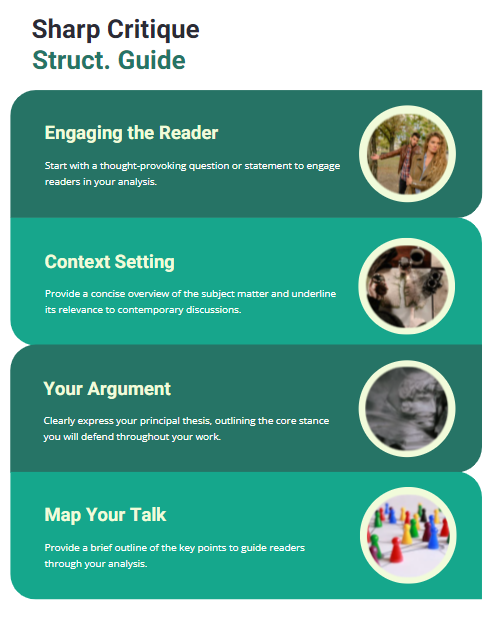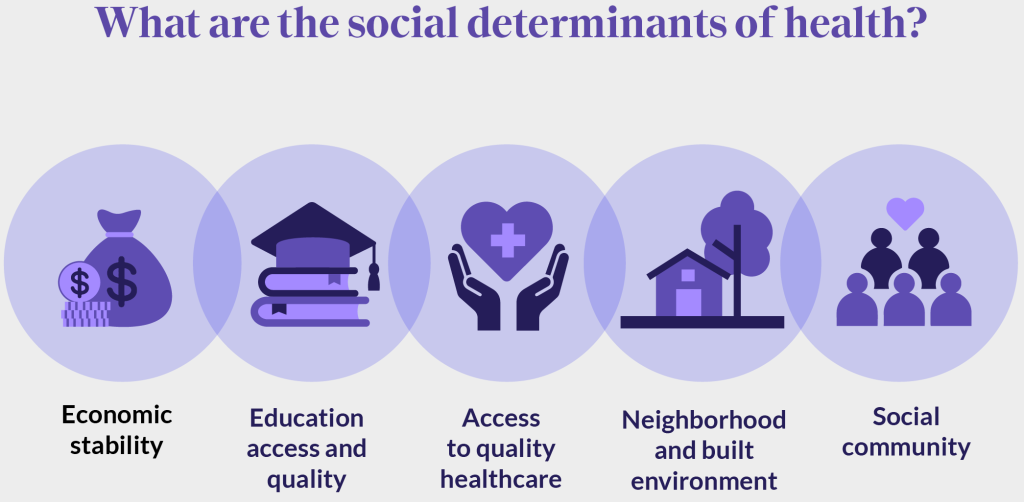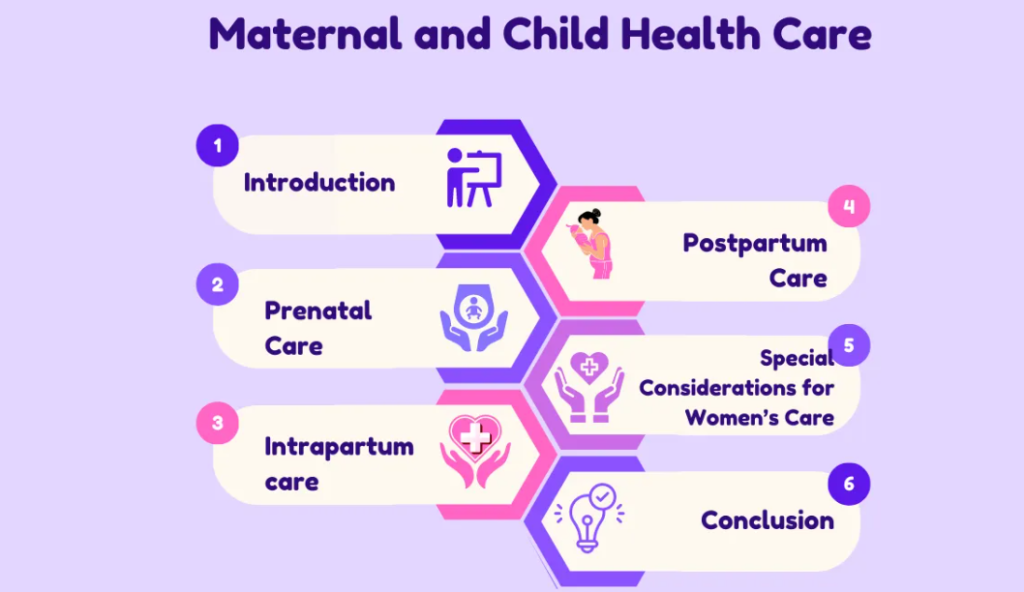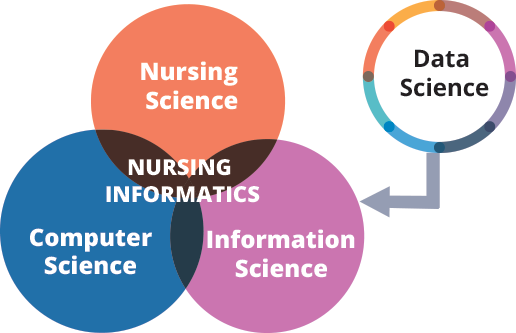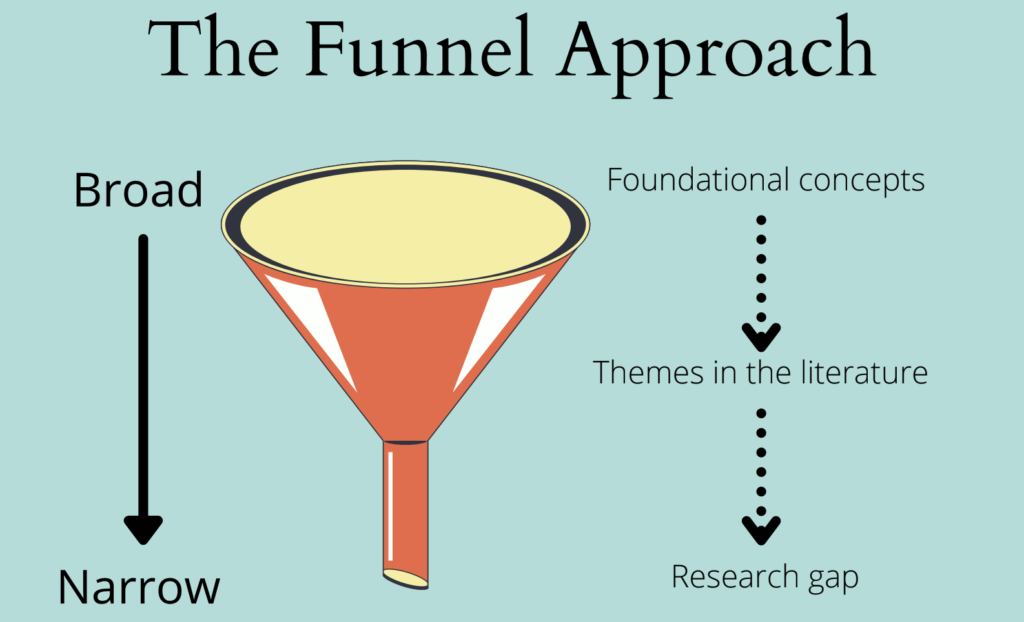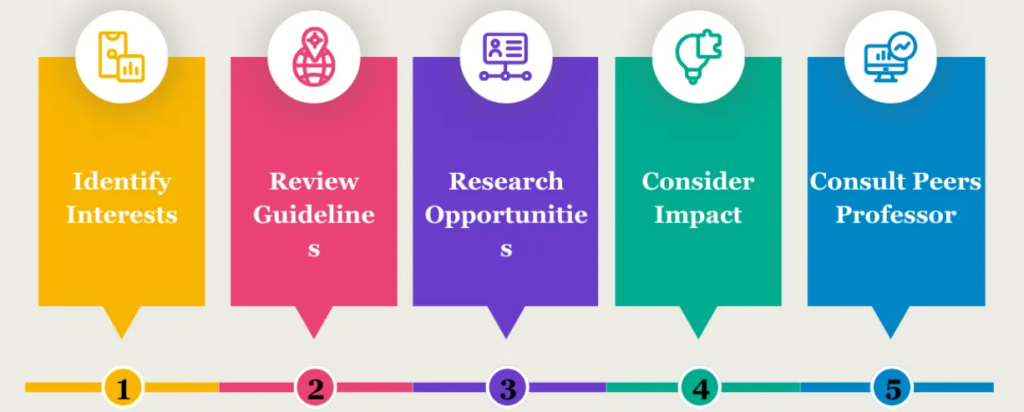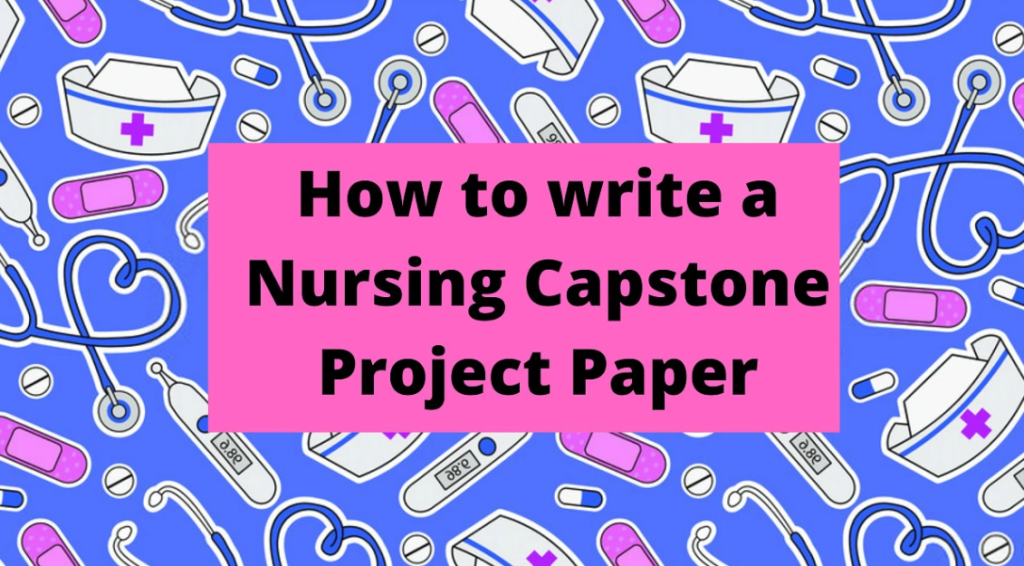
Table of Contents
The nursing capstone project is a culmination of your nursing education, a final hurrah before you embark on your career. It’s an opportunity to showcase your knowledge, skills, and critical thinking abilities while addressing a pressing issue within the nursing field. But with so much riding on this project, it can feel daunting.
This guide aims to demystify the process and equip you with the tools to craft a truly stellar nursing capstone project.
Step-by-Step Guide to Crafting a Nursing Capstone Project
1. Choosing the Right Topic:
The foundation of a successful nursing capstone project lies in choosing a topic that resonates with you and aligns with your career aspirations. Consider:
- Your Interests: What areas of nursing pique your interest? Do you have a passion for mental health, pediatric care, or community outreach?
- Current Issues: What challenges are currently impacting the nursing field? Could you research the impact of burnout, technology integration, or healthcare disparities?
- Your Future Goals: How does your chosen topic relate to your career goals? A project that addresses a common issue in your chosen specialty can prepare you for future success.
2. Formulating a Focused Research Question:
Once you’ve chosen your topic, it’s crucial to develop a clear, concise research question that will guide your project. Your research question should be:
- Specific: Avoid broad, unanswerable questions.
- Measurable: Your research should have quantifiable outcomes.
- Achievable: Set realistic goals for the scope of your project.
- Relevant: The research question should directly relate to your chosen topic.
- Time-Bound: Establish a clear timeframe for your research and project completion.
Example: Instead of asking “How can we improve patient satisfaction in hospitals?” a stronger research question would be “What impact does implementing a patient-centered communication strategy have on patient satisfaction scores in a specific hospital unit within six months?”
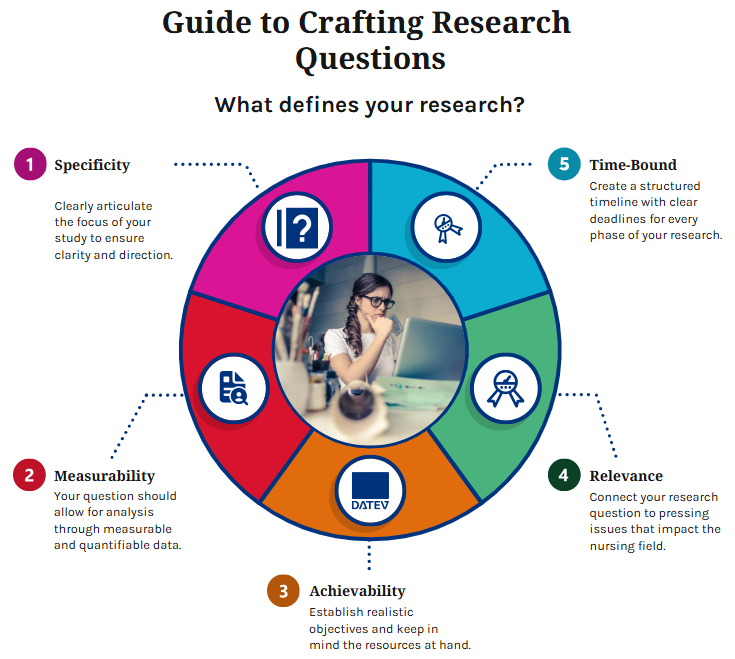
3. Conducting Thorough Research:
Your nursing capstone project should be grounded in evidence-based practice. Therefore, meticulous research is paramount. Explore a variety of sources, including:
- Scholarly Articles: Utilize databases like PubMed, CINAHL, and Cochrane Library to access peer-reviewed articles.
- Nursing Textbooks: Refer to established textbooks for foundational knowledge and theoretical frameworks.
- Professional Journals: Stay informed about current trends and research findings in your chosen specialty.
- Government Websites: Access data and reports from organizations like the CDC and the WHO.
- Interviews: Conduct interviews with experts in the field to gain valuable insights.
4. Developing a Strong Methodology:
Your methodology section explains how you will conduct your research and collect data. This section should be detailed and transparent, enabling others to replicate your study. Consider:
- Quantitative Research: This involves collecting numerical data through surveys, questionnaires, or experiments.
- Qualitative Research: This focuses on understanding subjective experiences through interviews, focus groups, or observations.
- Mixed Methods: This approach combines quantitative and qualitative methods to gain a more comprehensive understanding of the research problem.
5. Data Analysis and Interpretation:
Once you’ve collected your data, you need to analyze it to extract meaningful insights. This involves:
- Organizing and Summarizing: Use tables, charts, and graphs to present your data clearly.
- Statistical Analysis: Apply appropriate statistical tests to analyze your quantitative data.
- Thematic Analysis: Identify patterns and themes within your qualitative data.
- Drawing Conclusions: Based on your analysis, articulate your findings and their implications.
6. Crafting a Compelling Nursing Capstone Project Report:
The final product of your nursing capstone project is a report that presents your findings in a clear, concise, and impactful way. Consider these essential components:
- Title Page: Include a succinct title that accurately reflects your project’s focus.
- Abstract: Provide a brief overview of your project, including its purpose, methods, findings, and conclusions.
- Introduction: Introduce your topic, state your research question, and provide background information.
- Literature Review: Summarize the existing research on your topic and identify gaps in knowledge.
- Methodology: Detail the methods you used to conduct your research, including data collection procedures.
- Results: Present your findings in a clear and organized manner, using appropriate tables, charts, and graphs.
- Discussion: Interpret your findings, discuss their significance, and relate them to existing literature.
- Conclusion: Summarize your key findings, answer your research question, and provide recommendations for future research or practice.
- References: Provide a comprehensive list of all sources you cited in your report.
- Appendices: Include any supplemental materials, such as questionnaires, interview transcripts, or raw data.

7. Presenting Your Nursing Capstone Project:
The final stage of your nursing capstone project often involves presenting your findings to an audience, such as your classmates, faculty, or a professional organization. Prepare a captivating presentation that:
- Grabs Attention: Start with a compelling opening that sparks interest in your topic.
- Provides Context: Clearly explain the importance and relevance of your research.
- Presents Key Findings: Summarize your main findings using visuals and engaging language.
- Draws Connections: Link your findings to existing literature and practice.
- Offers Recommendations: Suggest practical implications and future research directions.
- Engages the Audience: Use interactive elements and encourage questions and discussions.
8. Tools and Resources to Enhance Your Nursing Capstone Project:
Numerous tools and resources can assist you in navigating the nursing capstone project process. Consider utilizing:
- Online Databases: PubMed, CINAHL, and Cochrane Library offer a wealth of scholarly articles.
- Citation Management Software: EndNote, Zotero, and Mendeley help organize your references and generate citations.
- Statistical Software: SPSS, R, and Stata can assist with data analysis.
- Writing Resources: Grammarly and Purdue Owl provide valuable writing tips and resources.
- Professional Organizations: The American Nurses Association (ANA) and other nursing organizations offer guidance and support.
Examples of Stellar Nursing Capstone Projects
To inspire your own project, explore these examples of successful nursing capstone projects:
- Evaluating the Effectiveness of a New Pain Management Protocol for Post-Surgical Patients: This project involved conducting a quantitative study to compare the effectiveness of two different pain management protocols.
- Exploring the Impact of Nurse-Led Discharge Planning on Patient Readmission Rates: This project used a mixed methods approach to examine the relationship between nurse-led discharge planning and readmission rates.
- Developing a Patient Education Program on Diabetes Self-Management: This project involved creating and evaluating a patient education program designed to improve diabetes self-management skills.
- Examining the Perceptions of Nurses on the Use of Technology in Healthcare: This project used qualitative interviews to explore nurses’ attitudes and experiences with technology in their daily practice.

Reflecting on Your Journey
Once you’ve completed your nursing capstone project, take time to reflect on your learning journey. Consider:
- What did you learn from your research and writing process?
- How has your understanding of nursing practice evolved?
- What are your future goals and aspirations as a nurse?
- How can you apply the skills and knowledge gained from this project to your future career?
Avoiding Common Pitfalls in Nursing Capstone Projects
The nursing capstone project is a culminating experience for nursing students, offering them a chance to synthesize their knowledge, skills, and critical thinking abilities. While it presents a valuable opportunity for growth and learning, it can also be a daunting endeavor. This section will shed light on common pitfalls students encounter during their nursing capstone project, providing guidance on how to avoid them and ensure a successful and enriching experience.
1. Lack of Clear Focus and Scope: One of the most common pitfalls is a lack of clear focus and scope. Students often struggle to define a specific, manageable research question or project aim. Without a well-defined focus, the nursing capstone project can become overwhelming, leading to a scattered and unfocused outcome.
Solution:
- Early brainstorming: Start early by brainstorming potential topics that align with your interests and nursing goals.
- Literature review: Conduct a thorough literature review to gain a comprehensive understanding of existing research and identify gaps that could be addressed.
- Consultation with faculty: Meet with your faculty advisor to discuss potential project ideas and ensure their feasibility and alignment with program requirements.
2. Poor Time Management: The nursing capstone project requires significant time and effort, often spanning several months. Inadequate time management can result in procrastination, missed deadlines, and a rushed final product.
Solution:
- Develop a detailed timeline: Break down the project into smaller, manageable tasks with specific deadlines.
- Prioritize effectively: Allocate sufficient time for research, data collection, analysis, and writing.
- Use time-management tools: Utilize tools like calendars, task lists, and time-tracking apps to stay organized and on track.
3. Inadequate Research and Data Collection: Insufficient research or flawed data collection methods can significantly undermine the quality and validity of the nursing capstone project.
Solution:
- Rigorous research: Use reliable and peer-reviewed sources for information and adhere to ethical research principles.
- Appropriate data collection methods: Select methods that align with your research question and ensure accurate and reliable data.
- Data analysis skills: Develop the necessary skills to analyze and interpret the collected data.
4. Weak Writing and Presentation Skills: A well-researched nursing capstone project can be undermined by poor writing and presentation skills. Weak writing can make it difficult for readers to understand your findings, while a disorganized presentation can detract from the overall impact of your work.
Solution:
- Develop clear writing style: Use concise, accurate, and engaging language.
- Structure and organization: Organize your project logically with a clear introduction, methodology, results, and discussion.
- Practice presentation skills: Rehearse your presentation beforehand and seek feedback from peers or faculty.
5. Insufficient Collaboration and Mentorship: The nursing capstone project is not a solo endeavor. Seeking guidance and collaboration from faculty, peers, and mentors can significantly enhance its quality and outcome.
Solution:
- Regular meetings with advisor: Schedule frequent meetings with your faculty advisor to discuss progress, receive feedback, and address any challenges.
- Peer review and feedback: Engage with peers to review drafts, provide feedback, and brainstorm ideas.
- Networking with professionals: Connect with professionals in your field of interest for insights and guidance.
6. Lack of Ethical Considerations: Ethical considerations are paramount in any nursing research project. Failure to address ethical issues can jeopardize the validity and integrity of the nursing capstone project.
Solution:
- Informed consent: Obtain informed consent from participants involved in your research.
- Confidentiality and privacy: Protect the confidentiality and privacy of all participants’ information.
- Ethical review board approval: Seek approval from the appropriate institutional review board (IRB) to ensure ethical compliance.
Frequently Asked Questions about Nursing Capstone Projects
The nursing capstone project is a culminating experience for many nursing students, marking the end of their academic journey and the beginning of their professional careers. This project serves as a showcase of their knowledge, skills, and critical thinking abilities, allowing them to apply their learning in a meaningful and practical way. However, the very idea of a capstone project can be daunting for students, often accompanied by a barrage of questions. This section provides a comprehensive guide to frequently asked questions surrounding the nursing capstone project, offering clarity and guidance for students embarking on this crucial undertaking.
1. What exactly is a nursing capstone project?
The nursing capstone project is a substantial undertaking, typically involving research, analysis, and a tangible outcome that demonstrates the student’s mastery of nursing principles and practice. It’s a culmination of everything learned throughout the nursing program, allowing students to apply their knowledge to real-world scenarios. The project can take various forms, including:
- Research projects: Investigating a specific nursing issue, analyzing data, and drawing conclusions based on findings.
- Quality improvement projects: Identifying a problem in a clinical setting, developing and implementing a solution, and evaluating its effectiveness.
- Policy analysis projects: Analyzing existing healthcare policies and proposing potential changes based on evidence-based research.
- Educational projects: Developing and implementing educational materials or programs to promote health and wellness in a specific population.
2. How do I choose a topic for my nursing capstone project?
Choosing the right topic for your nursing capstone project is crucial. It should be something that genuinely interests you and allows you to explore your strengths and passions. Here are some tips:
- Consider your clinical experiences: What issues have you encountered in your practice that you’d like to address?
- Explore current nursing trends: What are the hot topics in the field that are relevant to your interests?
- Review relevant research: What research gaps exist in your chosen area of interest?
- Consult with your faculty advisor: They can provide guidance and insights based on your academic strengths and available resources.
3. What are the key components of a nursing capstone project?
A successful nursing capstone project typically includes the following components:
- A clear research question or problem statement: This outlines the specific focus and direction of your project.
- A comprehensive literature review: This provides a foundation for your project, summarizing existing knowledge and identifying relevant research findings.
- A well-defined methodology: This outlines the approach you will take to address your research question or problem statement.
- Data analysis and findings: This section presents the results of your research or intervention, drawing connections between your findings and existing literature.
- Discussion and implications: This section interprets your findings, discusses their significance, and explores potential implications for nursing practice.
- Conclusion: This summarizes the main points of your project and reiterates your key findings and recommendations.
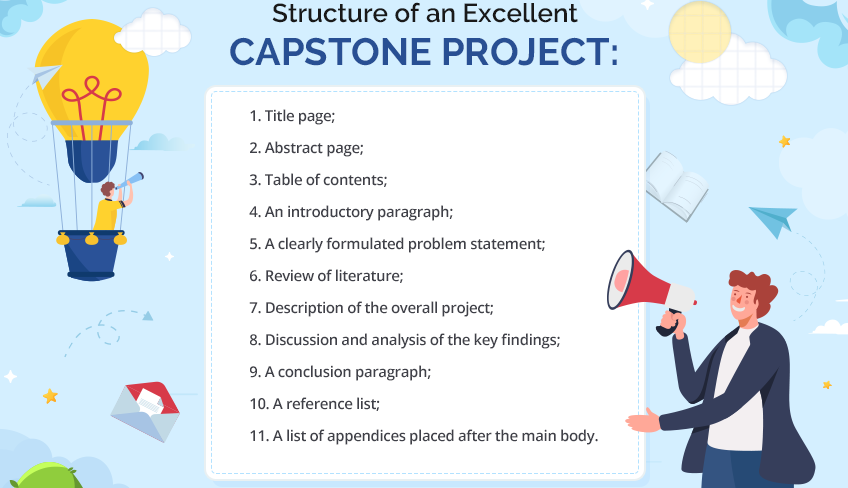
4. How can I ensure my nursing capstone project is successful?
Success in your nursing capstone project requires careful planning, diligent execution, and ongoing communication with your faculty advisor. Here are some key steps:
- Start early: Don’t wait until the last minute to begin your project. Procrastination can lead to stress and compromise the quality of your work.
- Develop a realistic timeline: Break down the project into manageable tasks with specific deadlines.
- Stay organized and maintain good documentation: This will help you track your progress and ensure accuracy.
- Seek guidance from your faculty advisor: They are there to support you throughout the process.
- Present your project with confidence: Practice your presentation beforehand and be prepared to answer questions from your audience.
5. What are the benefits of completing a nursing capstone project?
The nursing capstone project offers numerous benefits for students, including:
- Developing critical thinking and problem-solving skills: The project challenges students to analyze complex issues and develop evidence-based solutions.
- Enhancing research skills: Students gain valuable experience in conducting research, analyzing data, and interpreting findings.
- Improving communication skills: The project requires students to effectively communicate their findings and recommendations to a variety of audiences.
- Building self-confidence: Completing a challenging project like this can boost students’ self-esteem and prepare them for the challenges of the nursing profession.
- Demonstrating competence: The project serves as a portfolio piece that showcases students’ knowledge, skills, and potential to future employers.
6. What are some common challenges faced by nursing students during their capstone projects?
While the nursing capstone project can be a rewarding experience, students often encounter challenges along the way. These can include:
- Choosing a topic: It can be overwhelming to choose a topic that is both interesting and manageable.
- Time management: Balancing coursework, clinical responsibilities, and the project can be challenging.
- Research and data analysis: Students may lack experience in conducting research or analyzing complex data.
- Writing and presentation: Effective communication is crucial for conveying findings and recommendations clearly.
- Stress and anxiety: The pressure to complete a substantial project can lead to feelings of stress and anxiety.
7. How can I overcome these challenges and succeed in my nursing capstone project?
Overcoming these challenges requires a proactive approach and a willingness to seek support. Here are some strategies:
- Start early and plan effectively: Allocate sufficient time for each stage of the project and break down large tasks into smaller, manageable steps.
- Utilize resources and seek guidance: Don’t be afraid to tap into the resources available to you, including faculty advisors, librarians, and online research tools.
- Seek feedback and collaboration: Collaborate with peers or colleagues to brainstorm ideas, share resources, and provide constructive feedback.
- Practice your presentation skills: Rehearse your presentation beforehand to improve your confidence and clarity.
- Take breaks and manage stress: Prioritize self-care and seek support when needed to manage stress levels.
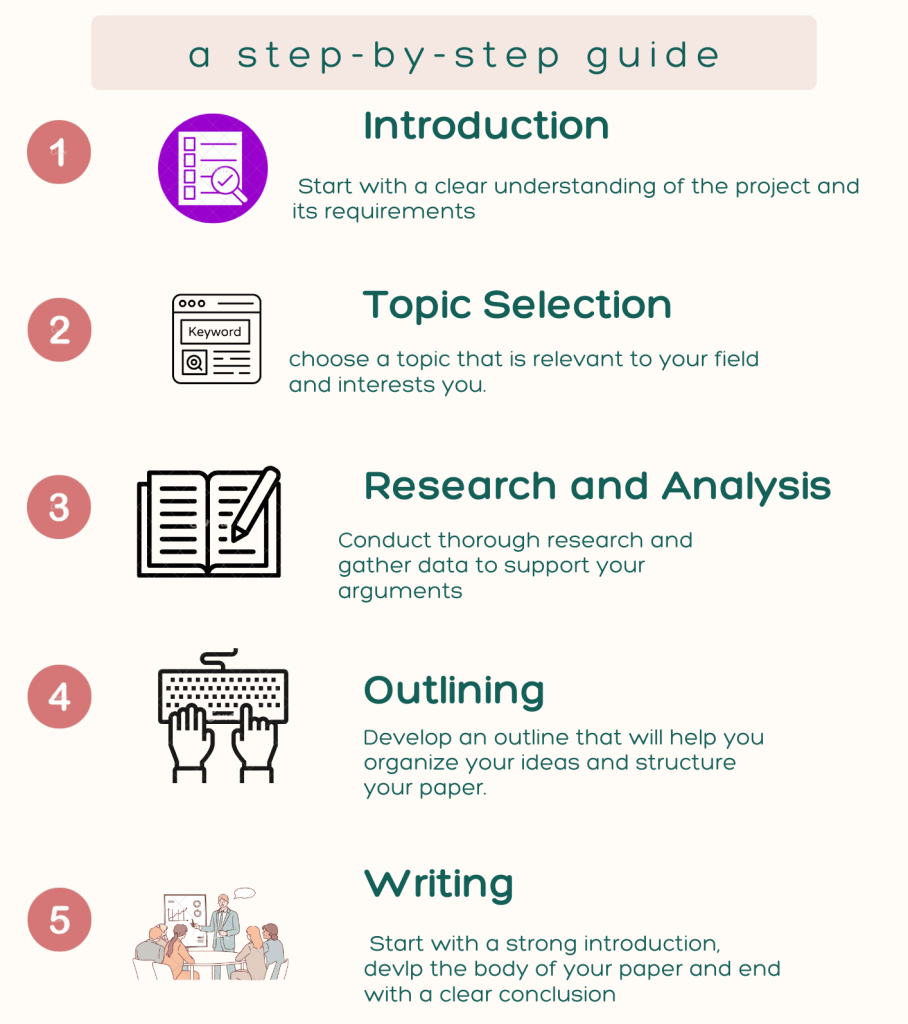
The nursing capstone project is a significant milestone in your nursing journey. By carefully selecting a topic, formulating a focused research question, conducting thorough research, and crafting a compelling report, you can create a project that showcases your skills and knowledge, while leaving a lasting impact on the nursing field. Embrace the challenges, utilize available resources, and remember that this project is a testament to your hard work and dedication to nursing.
Get Professional Nursing Capstone Project Help
At Nursing Papers, we can help you to craft authentic and compelling nursing capstone projects. Our service covers topic suggestion, capstone project writing, proofreading, editing, formatting and plagiarism removal. Besides capstone projects, we also write top notch nursing research papers, essays and dissertations.


